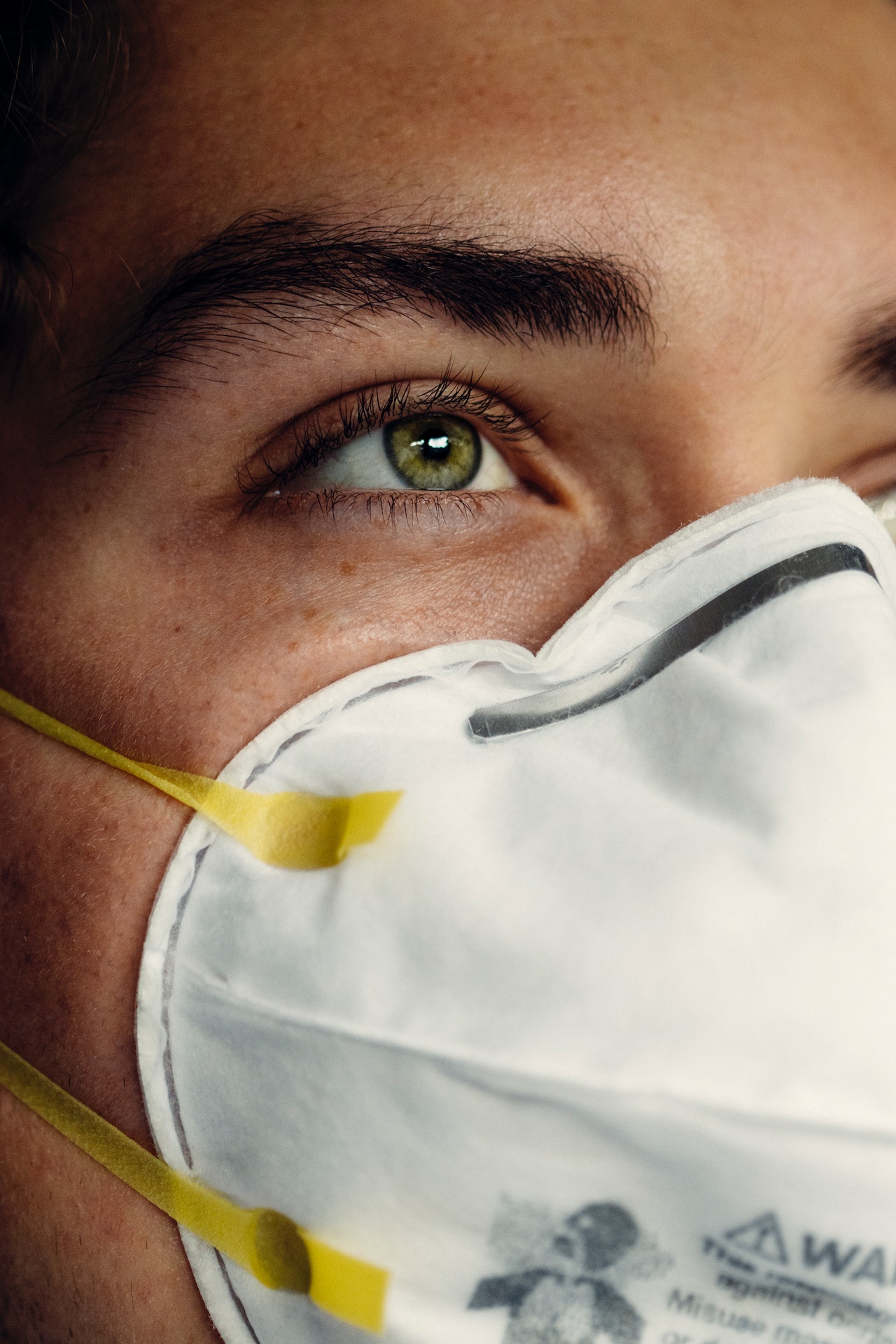While we may not realize it, our eyes are responsible for so much more than just seeing. They’re also responsible for reading, focusing and tracking movement. And if something happens to your eyes—even if it’s just a little bit of eye disease—it can have serious consequences. In this blog post, we’ll explore some of the most common eye diseases and their effects on the body. From blurriness and difficulty seeing to even blindness, read on to learn what can happen when you don’t get treatment for your condition early on.
What is eye disease and how is it treated?
Eye disease is a term that refers to any problem with the eye. Treatments for eye disease can vary, but often involve using medications and/or surgery. Some of the most common conditions that require treatment include glaucoma, macular degeneration, and cataracts. Eye disease can also lead to vision loss if not treated.
Read more: Sanpaku Eyes Curse
Types of eye diseases
There are many different types of eye diseases, but fortunately most of them can be treated with a variety of treatments. Some eye diseases, like age-related macular degeneration (AMD), can cause vision loss over time, but most are not life-threatening.
Some common types of eye diseases include:
AMD is the most common type of eye disease and affects the central area of the retina, which is responsible for seeing in detail. Symptoms usually develop slowly over time and may include difficulty reading or seeing close up, although the condition can sometimes be confused with other conditions such as glaucoma. There is no cure for AMD, but it can often be treated with laser treatment or glasses.
Glaucoma is a type of eye disease that results from an increase in pressure inside the eyeball. The pressure can eventually damage the optic nerve, leading to gradual vision loss. There is no cure for glaucoma, but it can often be treated through medication and/or surgery.
Pseudophakia is a condition that causes inflammation of the cornea (the front surface of the eyeball). It usually occurs due to contact sports or other forms of physical activity, and if left untreated it can lead to blindness. Pseudophakia usually responds well to antibiotics and/or steroid injections, although full recovery may take several months.
Sclerotic is an inflammation of one or more layers of the lens of your eye. It can cause pain, redness and vision loss. Sclerotic usually develops slowly and can often be mistaken for a condition such as glaucoma. Treatment typically includes antibiotics and/or steroid injections, although full recovery may take several months.
Pterygium is a growth on the outside of your eye that can cause vision problems. Pterygiums are most common in people over 50, but they can occur at any age. Treatment typically includes surgery to remove the pterygium, although full recovery may take several weeks or months.
Read more: Sanpaku Eyes Curse
Causes of eye disease
The causes of eye disease vary from person to person, and can be due to a variety of factors including genetics, lifestyle choices, and environmental exposures. However, some risk factors for developing eye diseases include age, smoke exposure, and a history of infections or inflammation.
Eye diseases can range in severity from relatively minor issues like dry eyes or eyestrain to more serious conditions like angle-closure glaucoma or macular degeneration. In many cases, the cause of an eye disease is unknown, but there are several things that you can do to protect your vision and reduce your risk of developing the condition further.
Some common symptoms of eye diseases include blurred vision or seeing spots, pain when looking at lights or reading signs, decreased sensitivity to light, and redness or discharge from the eyes. If you experience any of these symptoms and think that they may be related to an eye condition, it is important to see a doctor for evaluation.
Despite the various risks associated with developing eye diseases, there are many treatments available that can improve your vision significantly. If you are experiencing any difficulty seeing or if your sight is deteriorating rapidly, it is important to get checked out by a doctor as soon as possible.
Symptoms of eye disease
If you have eye disease, it can affect your vision. Eye diseases can cause problems with your eyesight, like blurry vision or blindness. There are many different types of eye diseases, and each one can cause different symptoms. Some common symptoms of eye disease include: eyestrain, eye pain, difficulty seeing in bright light, floaters (tiny dots that move around when you close your eyes), and blurred vision. If you have any of these symptoms, it’s important to see a doctor so they can diagnose and treat the problem.
How can you protect your eyes from eye disease?
If you have eye disease, you may be at increased risk for other conditions. For example, if you have dry eyes, you are more likely to develop age-related macular degeneration (AMD), a leading cause of blindness. And if you have AMD, your risk of other conditions such as stroke and heart disease is also increased.
You can protect your eyes from eye disease by getting regular checkups and by using appropriate eyewear and contact lenses. You should also avoid smoking and avoiding exposure to artificial light at night.
Conclusion
As you may know, eye disease can lead to a number of serious problems, including blindness. If you are concerned that you or someone you know may have eye disease, it is important to get checked out as soon as possible. By doing so, you can take steps to ensure that your vision remains intact and that any necessary treatment is started as early as possible.










